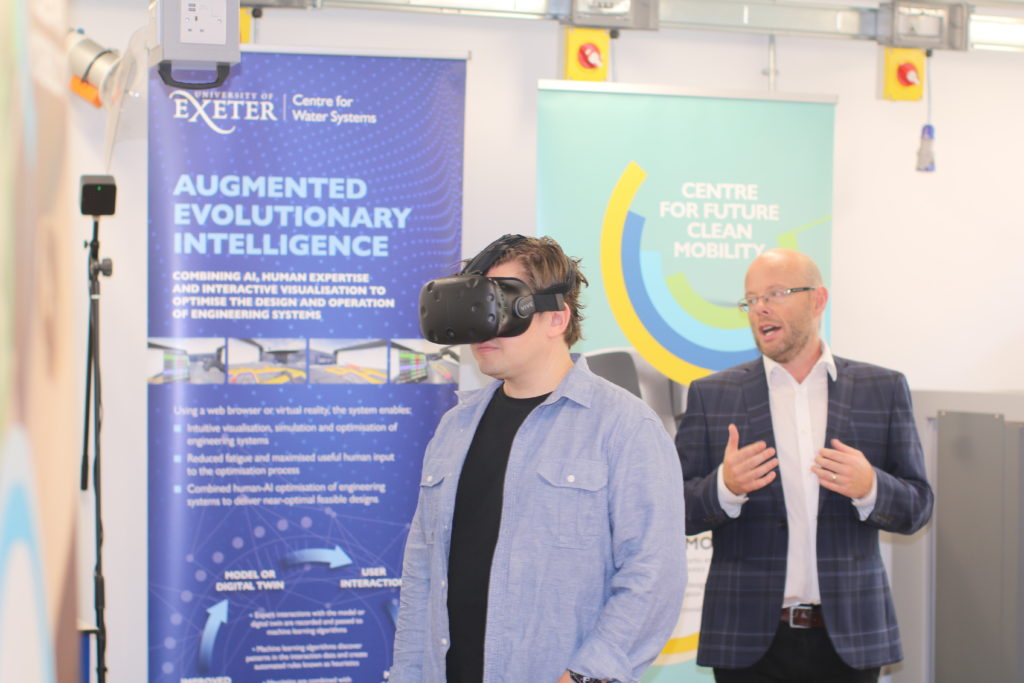
Novel optimisation methods, including those that include machine learning and human-in-the-loop methods which have the potential to deliver feasible and eicient designs of products, infrastructure, and operational strategies.
Potential for optimisation methods to make use of machine learning to learn and adapt to problem spaces whilst optimising the problem to form hyperheuristics.
Potential for human expert input to improve optimisation performance and to deliver feasible solutions to diicult problems. These methods have been applied to a range of problems in operational research including scheduling, routing, and transportation planning and in engineering domains such as water distribution network design and operation and leakage detection.
Other areas of AI including cellular automata simulation, AI and ethics, cognitive science and quantum optimisation.
Read publications from our researchers at the Centre For Future Clean Mobility.
Decision Support System (DSS) for Hierarchical Allocation of Resources and Tasks for Disaster Management (July 2022)
Modelling and analysis of Parkinsonian gait (2023)
Cyclone Preparedness, Rescue Operations and Damage Assessment using UAVs (March 2022)
Detection of Cyber-Attacks in Automotive Traffic Using Macroscopic Models and Gaussian Processes
Model Based Moving Horizon Optimal Modes-Switch Schedule in Hybrid Powertrains for Marine Applications (May 2022)
Sliding Mode Observer-Based Finite Time Control Scheme for Frequency Regulation and Economic Dispatch in Power Grids (July 2021)
Adaptive dual-layer super-twisting sliding mode observers to reconstruct and mitigate disturbances and communication attacks in power networks (July 2021)
Finite-Time Output Parameter Estimation for a Class of Nonlinear Systems (June 2022)
The Centre for Future Clean Mobility partners with businesses to develop low-emissions, high-efficiency integrated power systems for applications in the marine, off-highway, rail, defence, and energy sectors.
Website by NOSY Creative Agency